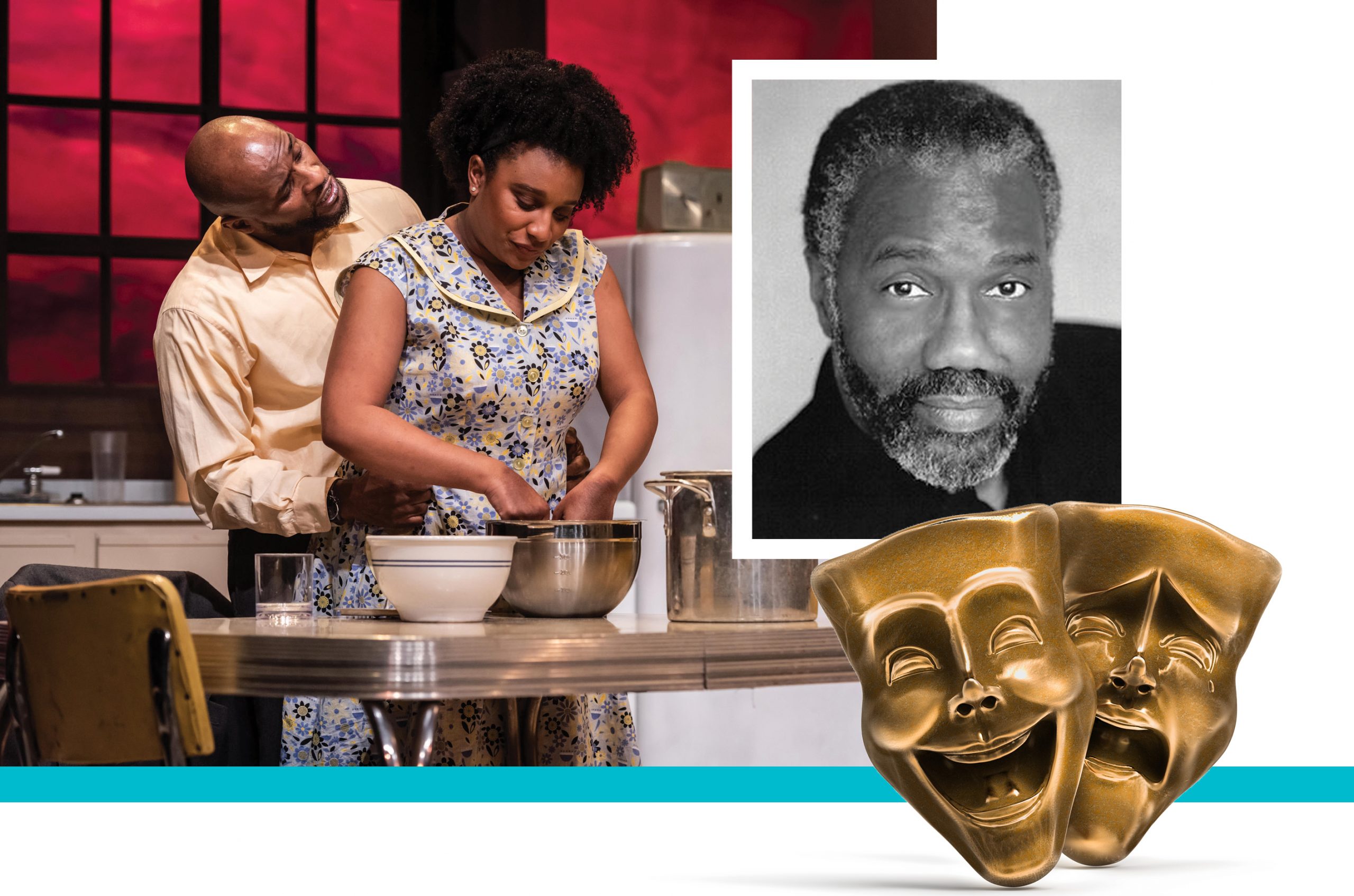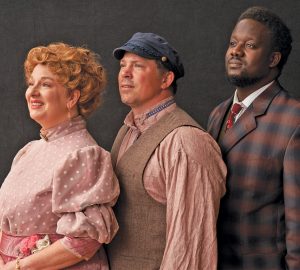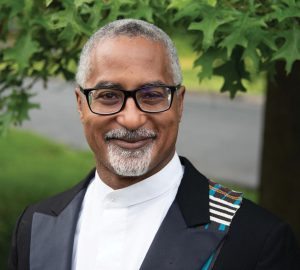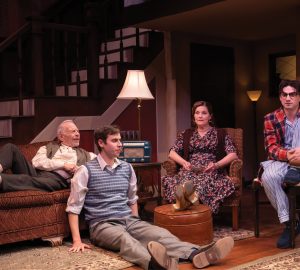In 1976, Ron Himes was a business student at Washington University. Motivated by struggles his friends in the theater department were facing, he created a company for Black theater professionals to hone their craft. Forty-five years later, The Black Rep has become a cultural institution in St. Louis.
What was your mission in founding The Black Rep in 1976?
I had friends in the theater department at Wash. U who weren’t being cast in productions. I myself had been in a play, and it had piqued my interest, so I went to audition for another. The director told me that he couldn’t cast me because there were no Black characters. That was the impetus to start my own company, and that evolved into The Black Rep. I wanted to create an outlet and opportunities for African Americans who were interested in doing theater but didn’t have a place to pursue it.
Did you imagine The Black Rep would have the legacy it does?
Not really. When you start something, you’re not looking 50 years down the road. We really did take it one day, one season at a time. Before we knew it, we were celebrating five and then 10 years. Now more than ever, we’re beginning to plan for 45 more years. When we started, I never thought about it that way. We were just trying to make it from season to season.
How has Black art in St. Louis changed since the 1970s?
In the early days, The Black Rep was really the only company doing Black theater, and a lot of African American actors primarily only worked with us. Now, there are a lot more opportunities to develop and showcase Black talent. A lot of actors have been discovered by other theaters while performing in our productions. A generation of young people has more opportunities because of the work we’ve done over the last 45 years.
What lessons has the pandemic taught you?
It’s taught us about our own resilience and ability to adapt and be creative. We never stopped producing during the pandemic. Early on, we converted to doing virtual programming for our main stage audience and to send to schools. Through collaboration, we created new partnerships and strengthened existing ones. Now, our focus is making our audience feel safe enough to return to live performances
What do you hope for The Black Rep in the future?
Our hope is to continue to grow and expand our educational programs. When we started, The Black Rep also had a dance company. We’re having conversations about starting to do some dance again. We want to continue to be a major cultural institution for St. Louis, and that the community continues to support us in turn. Pretty soon, we should be announcing season 46. Hopefully, people continue to come out and see some good theater
Photo: Phil Hamer








